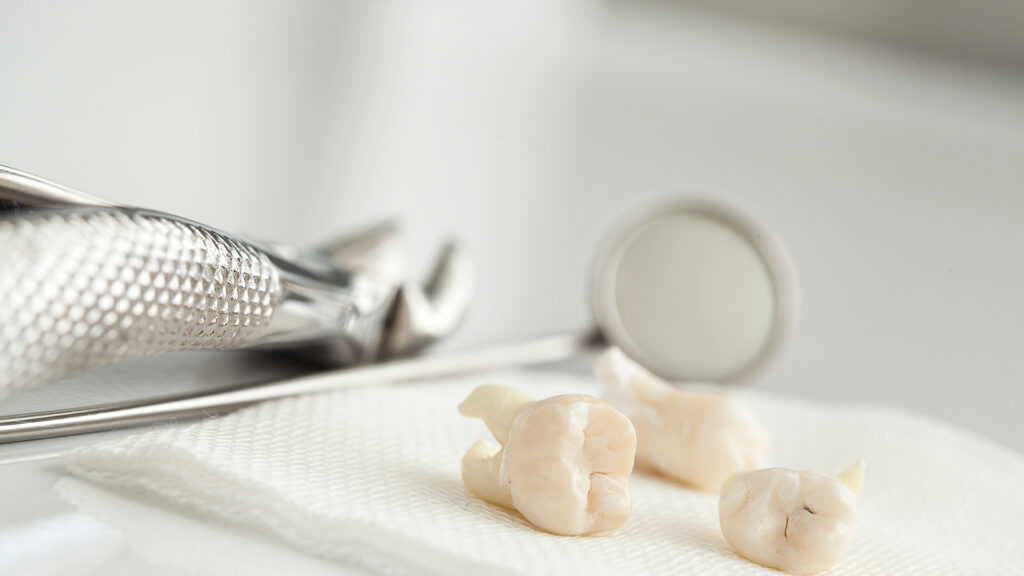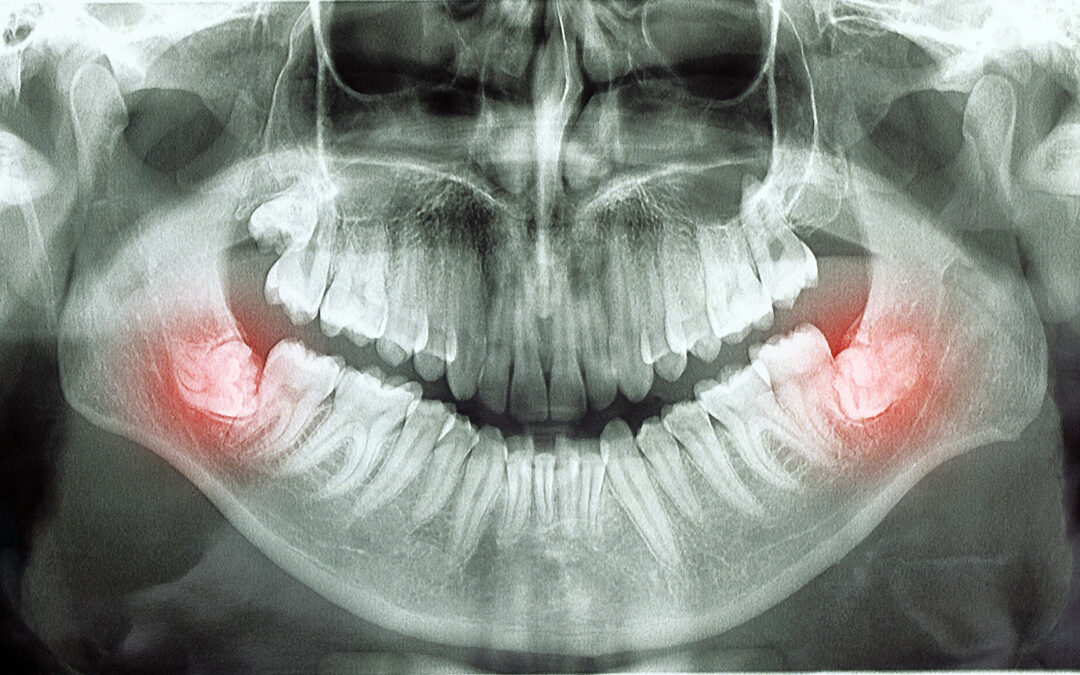Understanding what to expect when having your wisdom teeth removed is essential for a smooth process. Wisdom teeth, or third molars, typically emerge in late teens or early adulthood, potentially causing discomfort or complications if impacted or misaligned. Knowing how to prepare for wisdom teeth removal can make the experience more manageable. This guide will help you navigate the reasons for tooth wisdom removal, how to know when wisdom teeth need to come out, and the post-operative care involved after having teeth surgically removed.

Understanding Wisdom Teeth
Wisdom teeth are the last set of molars that usually appear in your late teens or early twenties. Historically, they were necessary for chewing tough foods. However, modern diets and smaller jaw sizes have made them less essential. Often, these teeth cause issues due to limited space, leading to impaction, where they can’t properly emerge, causing pain and infections. Regular check-ups are critical to identify how to know when wisdom teeth need to come out, as problems may not always be evident.
Reasons for Wisdom Teeth Removal
When removing wisdom teeth, several factors can significantly impact oral health. Impaction and crowding are primary concerns. The extra molars can disrupt alignment, potentially requiring orthodontic treatment. Additionally, partially erupted wisdom teeth create gum pockets prone to infections. Tooth wisdom removal can prevent these complications. Regular dental visits are essential for monitoring and deciding when surgery for wisdom tooth extraction is necessary.
How to Prepare for Wisdom Teeth Removal
Preparation is key when removing wisdom teeth. During pre-surgery consultations, your oral surgeon will assess your dental health and discuss your medical history. Understanding how to prep for wisdom teeth removal involves following specific instructions about food and medication. Typically, you’ll be advised to fast after midnight before the procedure. These steps ensure a smoother surgery for wisdom tooth extraction and a quicker recovery.
The Wisdom Teeth Removal Procedure
The procedure for wisdom teeth removal involves a thorough examination, possibly including X-rays, to determine the best approach. Typically performed in an outpatient setting, the surgery allows you to return home the same day. Various anesthesia options are available, from local anesthesia to sedation methods, ensuring comfort during the procedure. The process of having teeth surgically removed usually lasts about 45 minutes to an hour, depending on complexity. You’ll receive detailed post-operative care instructions for a smooth recovery after wisdom extraction.
Post-Operative Care and Recovery
After wisdom teeth removal, immediate aftercare is crucial. Rest with your head elevated and apply ice packs to reduce swelling. Pain management is vital, your dentist may prescribe medication or recommend over-the-counter options. Monitor for signs of complications, such as excessive bleeding or infection. Understanding what to expect when having your wisdom teeth removed includes recognizing symptoms like dry socket, which requires prompt attention. Consult your dental professional if any issues arise during recovery.
